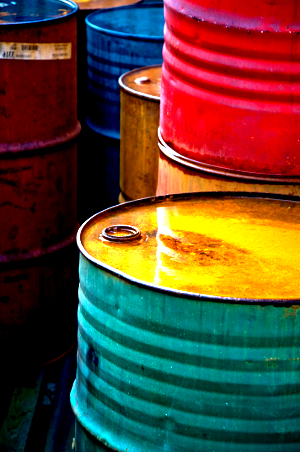IEA warns old oil
 The IEA says oil producers must shift 50 per cent of investment to clean energy by 2030.
The IEA says oil producers must shift 50 per cent of investment to clean energy by 2030.
The International Energy Agency (IEA) has delivered a critical message to oil and gas producers, telling them to allocate half of their annual investment towards clean energy projects by 2030 to align with global climate targets.
The agency has cautioned against relying solely on carbon capture projects, saying that they cannot serve as a substitute for emission reductions and should not be used to uphold the status quo.
Highlighting the industry's current disparity, the IEA revealed that oil and gas producers contributed only 1 per cent of global green energy investment, allocating just 2.5 per cent (AU$30.5 billion) of their capital to the sector last year.
The IEA's executive director, Fatih Birol, has underscored the urgency of change, saying; “The oil and gas industry is facing a moment of truth at COP28 in Dubai”.
Birol says maintaining the business-as-usual approach is neither socially nor environmentally responsible in the face of the escalating climate crisis.
This intervention marks the IEA's most assertive stance since 2021 when it declared that there would be no room for new oil and gas exploration projects if climate targets were to be met.
Founded in the aftermath of the 1973 Arab oil embargo, the IEA advises on energy security with member countries, including the US, the UK, and Japan.
According to the IEA's latest report, oil and gas producers must commit half of their annual capital budget to clean energy projects by 2030 to align with the 2019 Paris climate agreement's goals.
Major players like BP have pledged a substantial portion of their capital spending to “transition” businesses, encompassing electric vehicle charging and refuelling stations.
However, some oil giants, including Chevron and ExxonMobil, have opted for low-carbon technologies like hydrogen, carbon capture and storage, and biofuels instead of investing in renewable energy generation.
Chevron plans to allocate US$2 billion of its US$14 billion capital spending budget to lower-carbon investments this year, while ExxonMobil aims to spend US$17 billion on lower-emission initiatives by the end of 2027.
The IEA warns that current policies would necessitate capturing an “inconceivable” 32 billion tonnes of carbon annually by 2050.
“The industry needs to commit to genuinely helping the world meet its energy needs and climate goals,” Birol said.
More details are accessible here.







 Print
Print